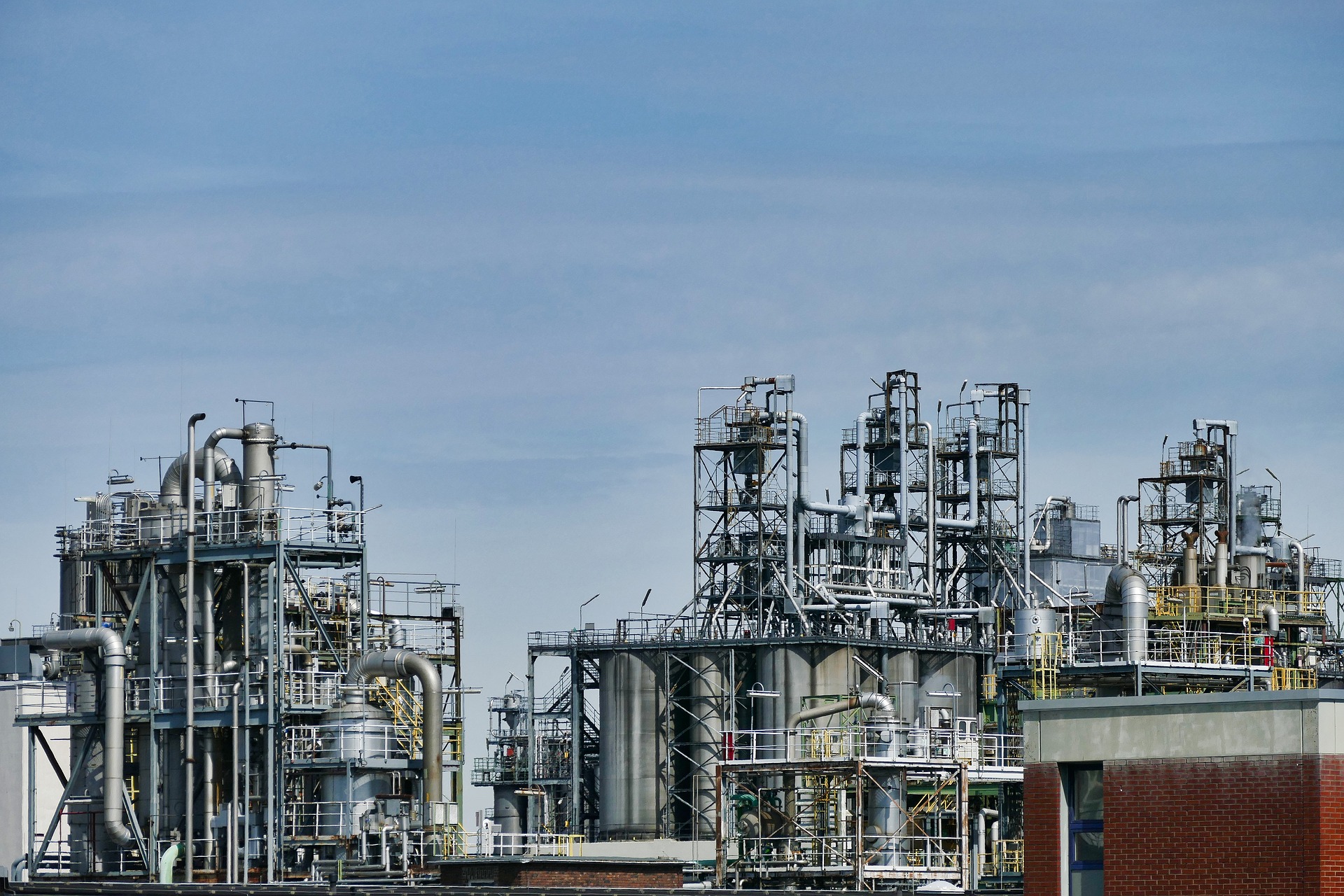EQUITIES
Shares in the Asia-Pacific were mixed on Thursday markets struggle to shrug off recession fears.
Hong Kong’s Hang Seng index rose 1.24%, and the mainland Shanghai Composite was up by 0.66%. In Australia, the S&P/ASX 200 was 0.38% higher, and in Singapore, the FTSE Straits Times Index rose 0.62%.
Elsewhere, South Korea’s KOSPI reversed earlier gains to fall 0.62%. The Japan’s Nikkei 225 traded marginally lower.
Overnight on Wall Street, the Dow Jones Industrial Average fell 0.15%, to 30,483.13, the S&P 500 lost 0.13% to 3,759.89, and the Nasdaq Composite dropped 0.15% at 11,053.08.
European stocks are expected to open lower later today, as global markets see renewed volatility.
OIL
Oil prices continued to pull back on Thursday, as investors recalibrated assessments of recession risks and fuel demand amid interest rate hikes in major economies, as well as weighed on the U.S. President Joe Biden plans for a three-month suspension of the federal gasoline tax.
The U.S. WTI crude futures skidded 0.25% to $104.05 a barrel. Brent crude futures slid 0.13% to $109.89 a barrel. Both benchmarks tumbled by as much as $3 a barrel in the early morning of Asian trading, after plunging around 3% in the previous session. They are at their lowest levels since mid-May.
A U.S. industry snapshot pointed to higher inventories. The American Petroleum Institute reported crude holdings rose by 5.6 million barrels last week, while gasoline holdings also climbed, according to people familiar with the data. Official figures from the Energy Information Administration have been delayed, due to systems issues until at least next week.
CURRENCIES
The U.S. dollar remained under pressure alongside U.S. Treasury yields, wallowing near two-week lows amid rising concerns of a recession.
The dollar index, which measures the currency against six key rivals, slipped to 104.125 on Thursday. It has fallen 1.56% from the two-decade peak of 105.79 reached on June 15, when the Federal Reserve raised rates by 75 basis points, the biggest hike since 1994.
However, the index was still up more than 8% this year, reflecting the broad risk-off sentiment and the dollar's Fed-driven yield advantage.
In Treasuries, benchmark 10-year notes were down slightly to 3.152%, the lowest in almost two weeks, compared with its close of 3.156% the previous day. The two-year yield, which rises with traders' expectations of higher Fed fund rates, touched 3.0391% compared with a U.S. close of 3.056%.
GOLD
Gold prices eased on Thursday as global volatility continued. Gold also on cautious note as it could be among assets that may be targeted in a possible next round of European Union sanctions on Russia.
Spot gold dropped 0.22%, trading at $1,833.90 an ounce, extending losses to a fifth straight session. U.S. gold futures dropped 0.16% to $1,835.40.
ECONOMIC OUTLOOK
Major Asia-Pacific stocks were mixed on Thursday, as some indexes reversing gains made earlier in the sessions. Global volatility continued and market sentiment shifted to a more negative setting amid fears over surging inflation and slowing economic growth.
Investors weighed the likelihood of a recession after comments from Federal Reserve chair Jerome Powell. Powell on Wednesday told Congress that the central bank is fully committed to bringing prices under control even if doing so risks an economic downturn. He said a recession was "certainly a possibility," reflecting fears in financial markets that the Fed's tightening pace will throttle growth.
Commodity prices also fell on Thursday. Oil retreated along with other key commodities as concern over a global economic slowdown intensified. Chicago wheat fell to its lowest in nearly four months, after a senior U.S. official stressed that Russian grains and fertiliser were not covered by sanctions over Moscow's war in Ukraine. Meanwhile, corn fell to its weakest since late February, and soybeans slumped to its lowest since late January. Supply pressure from early harvesting in the U.S. and European grain belts also continued to weigh on prices.
Japan's factory activity growth slowed to a four-month low in June as China's COVID-19 curbs disrupted supply chains, while many other economies in Asia were also facing headwinds amid growing risks to the outlook from a potential U.S. recession. The au Jibun Bank flash Japan Manufacturing PMI slipped to 52.7 in June from 53.3 in May, marking the slowest expansion since February, the survey showed on Thursday.
The PMIs of France, Germany, eurozone, Britain and the United States are due out later in the day.













